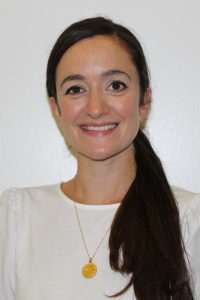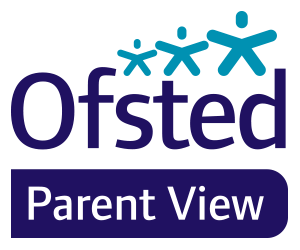How do speech, language and communication needs have an impact on a child’s ability to fulfill their educational potential?
- Children with poor language and literacy skills at five years have lower education achievement at seven years (Snowling et al, 2011).
- One in four children who struggled with language at age five did not reach the expected standard in English at the end of primary school compared with one in 25 children who had good language skills at age five. (Save The Children, 2016)
- One in five children who struggled with language at age five did not reach the expected standard in maths at the end of primary school compared with one in 50 children who had good language skills at age five. (Save The Children, 2016)
- Children with poor speech, language and communication get fewer GCSE A-C grades than their peers. 15% achieve 5 A*-C GCSEs compared with 57% of all young people (Bercow, 2008).
See the RCSLT communication capacity factsheet (PDF) for more information on the intergenerational cycle of speech, language and communication outcomes.
One-to-One Speech and Language Therapy
Typically a speech and language therapist (SALT) will visit a school one day a week and deliver several individual therapy sessions to children on that day, in a designated room away from the classroom. Receiving speech and language therapy in school means a child needs less time away from lessons than they would for a clinic session.
Many children enjoy their therapy time and see it as a fun activity outside the classroom. However, other children will benefit from an approach to therapy that involves the whole classroom and all their teaching staff. Our SALTs can produce a tailored therapy plan and train a teaching assistant to deliver speech and language therapy within the classroom setting.
Creating Communication-Friendly Classrooms and a Differentiated Curriculum
Many of our students need a more ‘communication-friendly’ classroom and a differentiated curriculum. The SALT works closely with the teachers to set this up for the academic year, and will review the child’s needs in the classroom each term. This approach helps teachers to facilitate learning for children with varying abilities in speaking and listening, as per the national curriculum and Ofsted guidelines.
Training and Supervision for Teachers
Our specialist team provides high-quality specialist training for teaching staff on how to support children with speech and language or emotional and behavioural difficulties in the classroom.
- Our Therapist+
- Liz Smith+
-

Hello
I’m Liz, the new speech and language therapist in Abbot’s Lea School. I am so excited to be part of the fantastic team here that continually support, teach and provide a nurturing learning environment for the pupils within the school.
I have previously worked in specialist settings for children with Autism across both London and Liverpool, as well as within the NHS in both mainstream, special schools and as part of the Neuro-Developmental Pathway Team. I have also worked in the private sector for the last 3 years, where I have been fortunate to provide regular support and therapy sessions within homes and school for children with Autism and ADHD. I have a wide range of post-graduate training in SCERTS, ELKLAN, Zones of Regulation, Selective Mutism, Lego Therapy, Attention Autism Makaton and PECS.
I am passionate about developing speech, language, communication and emotional regulation skills for the pupils of Abbot’s Lea School, so that they can communicate as independently as possible across both school, home and within the wider community so that they can truly meet their potential and live fulfilled lives. To achieve this, I am excited about working with class teams to embed communication throughout the curriculum across all age ranges. I look forward to working closely with families, developing supportive relationships, offering training opportunities and having on-going discussions to ensure we are constantly adapting therapeutic input to meet the needs of each pupil holistically.
If you would like to learn more about the role of Speech and Language Therapy, please do not hesitate to get in touch.

